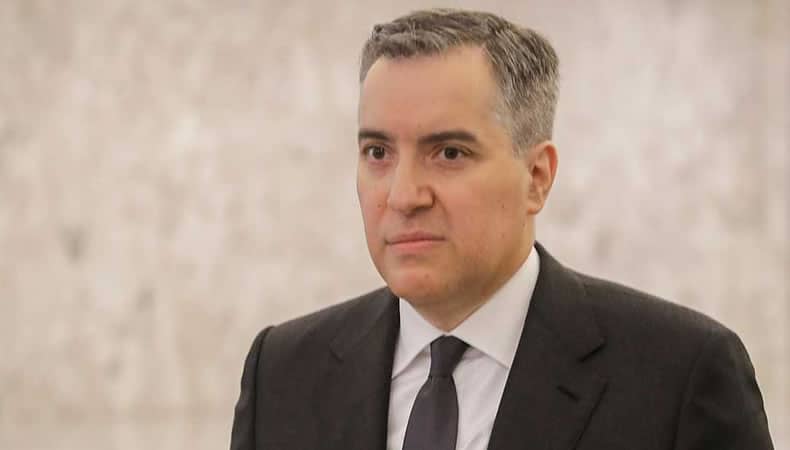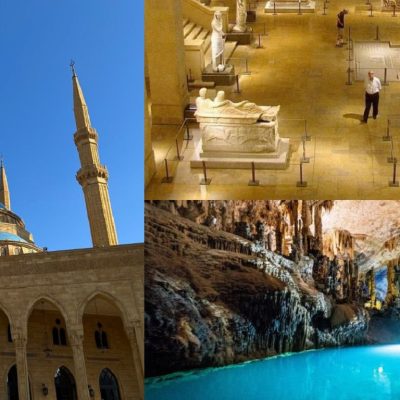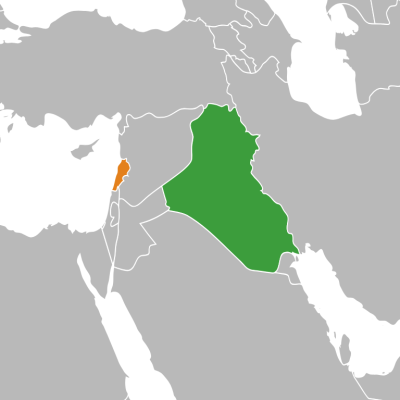On the eve of Macron’s visit, Lebanon gets new PM

A consensus was finally reached among Lebanon’s political elite on the next Prime Minister who will guide the country out of the critical situation it is in currently.
A lesser-known diplomat, Lebanon’s ambassador to Germany Mustapha Adib, has been designated the new Prime Minister, after a long standoff between the sectarian factions who couldn’t come to an understanding about their next leader. The whole government had resigned earlier in the month following the Beirut blast after which a caretaker government was put in place. There has been a lot of pressure from the international community, particularly from French president Emmanuel Macron, to appoint a leader who can start instituting the reforms the country desperately needs.
Even before the blast, there was a lot of anger in the country against the ruling elite for their role in the rapidly declining economic situation. The steep devaluation of the currency led to inflation, poverty, hunger and unemployment which had led to popular protests in the streets calling for a complete change of guard in order to overhaul the government of corruption and inefficiency. The blast only made the call for this louder and more urgent. Macron, who visited soon after the blast, had angrily asked the leadership to get their house in order. He is due to visit again on September 1 for the country centenary celebrations.
But Lebanon is going through a crisis bigger than anything it has faced in this 100-year history, save the 15-year civil war, and the new leader has a mammoth task ahead of him. Adib, who has the backing of the Sunni leaders, the Hezbollah, the Amal Movement and the Free Patriotic Movement, is ultimately the product of the same sectarian political ecosystem that has led to so much dissatisfaction on the streets. Analysts indicate he is going to be no different than the outgoing president Hassan Diab. Picking someone unknown is to lull the public in the sense that things are going to change, according to observers.
But change there must be. Macron, during his earlier visit, had called for “deep change” and made it clear that it was mandatory in order to unlock the billions of dollars of international aid that the country needs to tide it over the crisis. The country is running out of both time and patience as the opposition is watching the new prime minister carefully. He wouldn’t even have the time that his predecessor had in order to start rolling out the change that both his countrymen and international donors wish to see, like reforms in the financial and electricity sectors.




